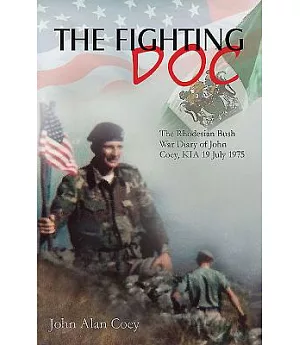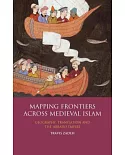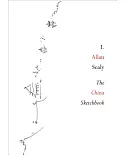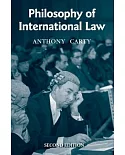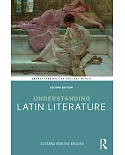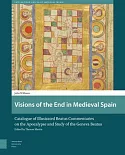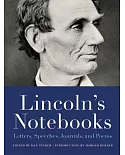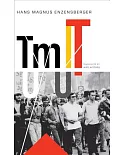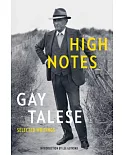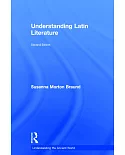It is Saturday afternoon, 19 July 1975, next to a dry riverbed in Rhodesia’s north-eastern operational area, in a war against communist-backed guerrillas. A Rhodesian combat medic receives an
order to descend into the riverbed to attend to two criticallywounded troopers, their figures seemingly lifeless on the sand. The whereabouts of the insurgents is not known. As the medic,
displaying a red cross, moves in, shots ring out and he sustains a fatal head wound. That medic is 24-year-old American John Alan Coey. Driven by his Christian faith and an ardent belief in the
threat of global communist hegemony, Coey had come to Rhodesia to fulfil an overriding passion to help the beleaguered southern African country in its fight against what he perceived to be a
communist bid to secure the sub-continent. John was a very complex individual who, right until his death, was in a permanent state of internal conflict as to his mission in life: he wishes he
had a wife; he tells young American girls that they must produce strong sons who will fight the good fight; he is disillusioned by his failures; he admits he is a weak leader, virtually
offering an apology for his own shortcomings; he vacillates endlessly; he admits to being unable to identify the path he needs to take to achieve his mission. But, finally, as a combat medic--a
pioneer in this concept--he finds his much sought-after destiny --

